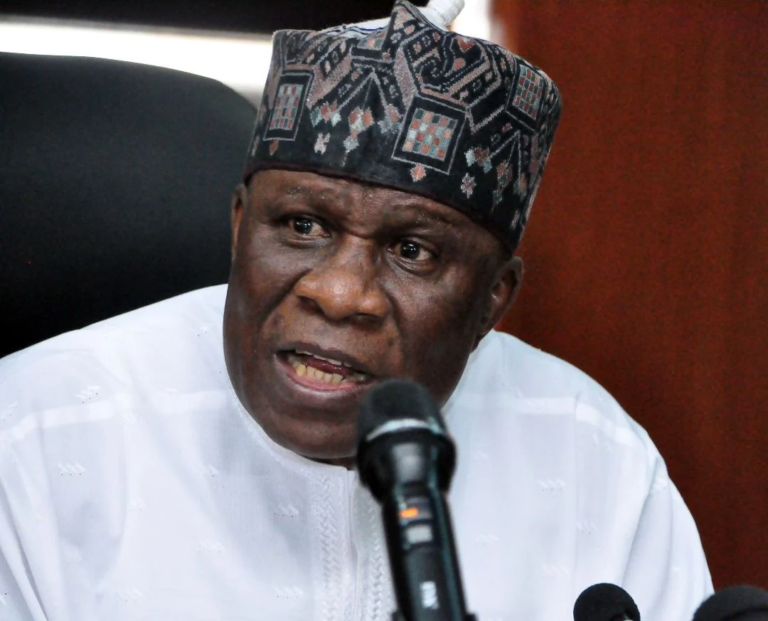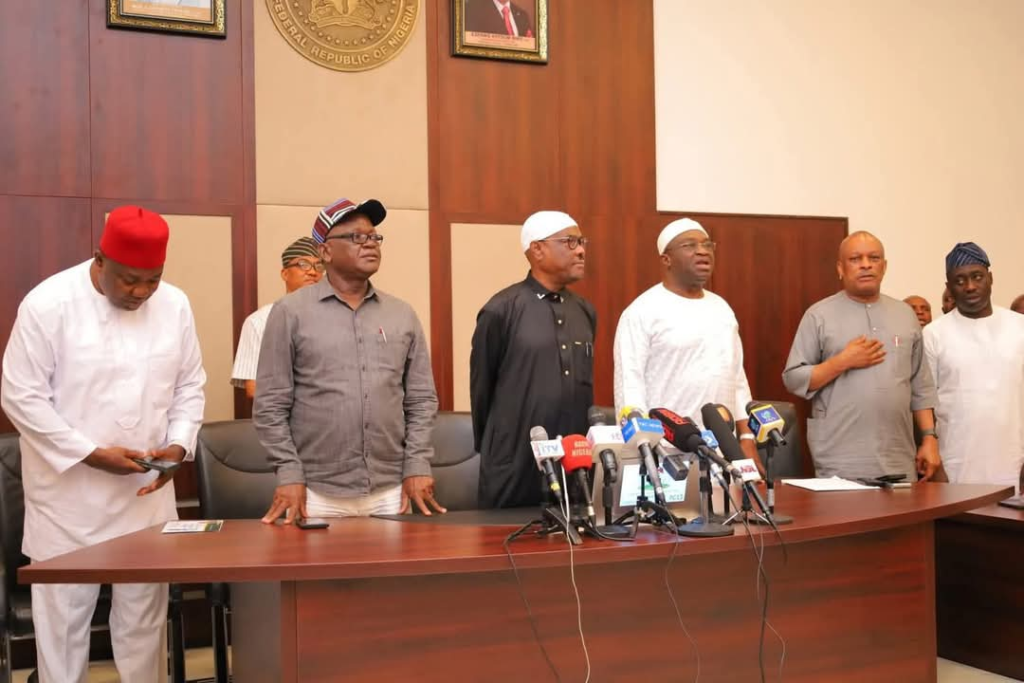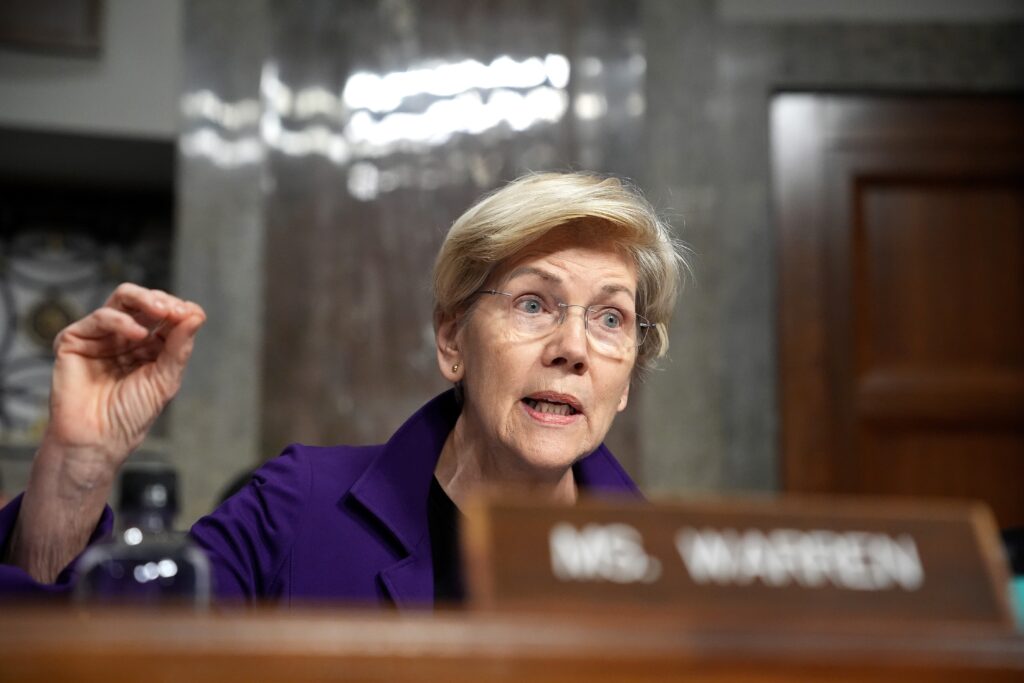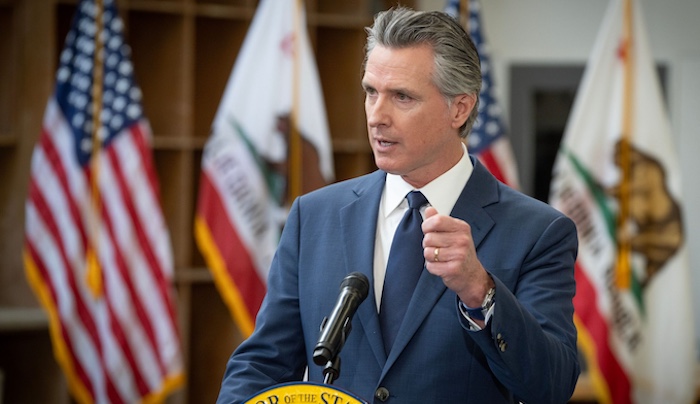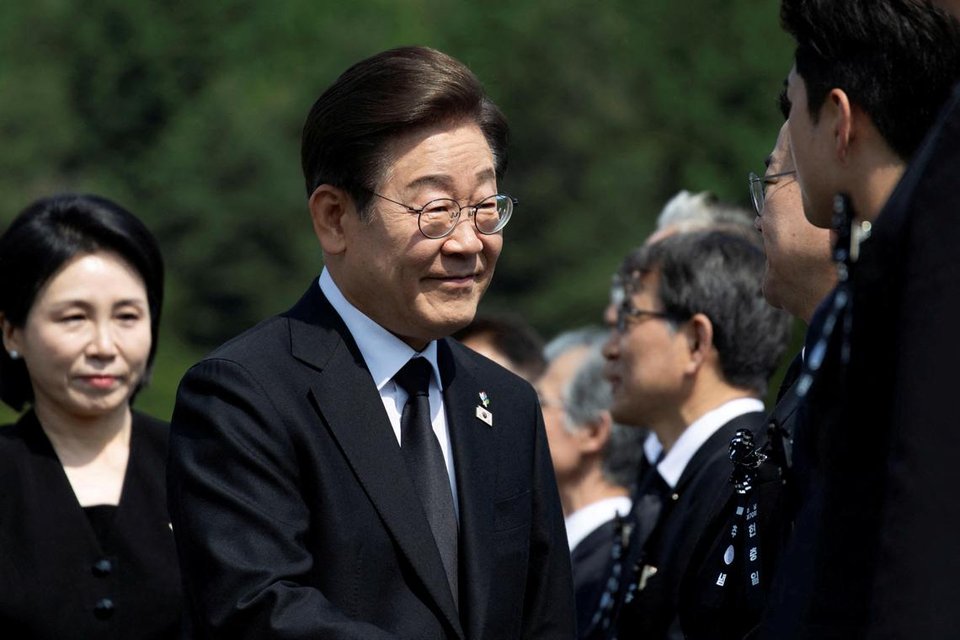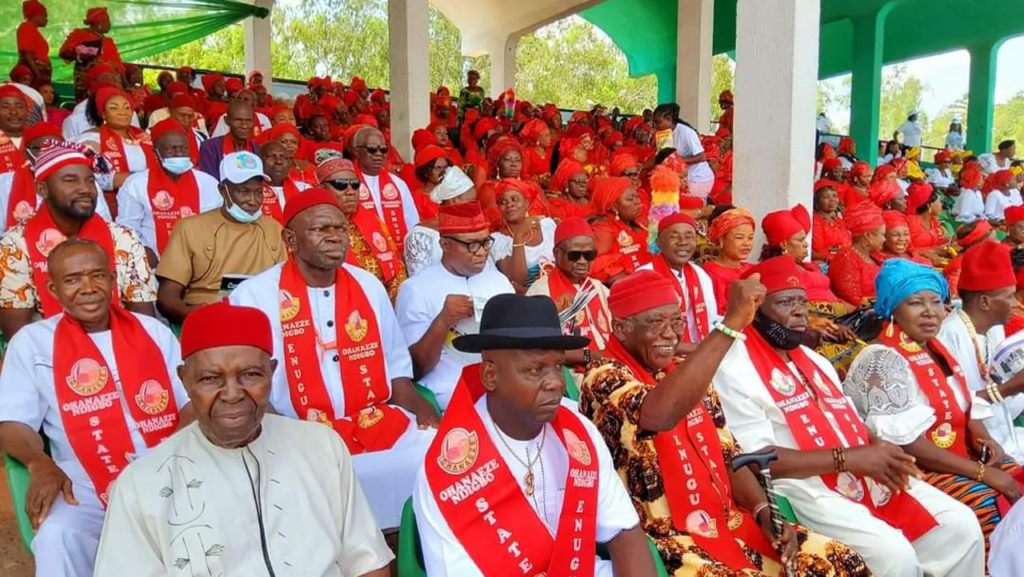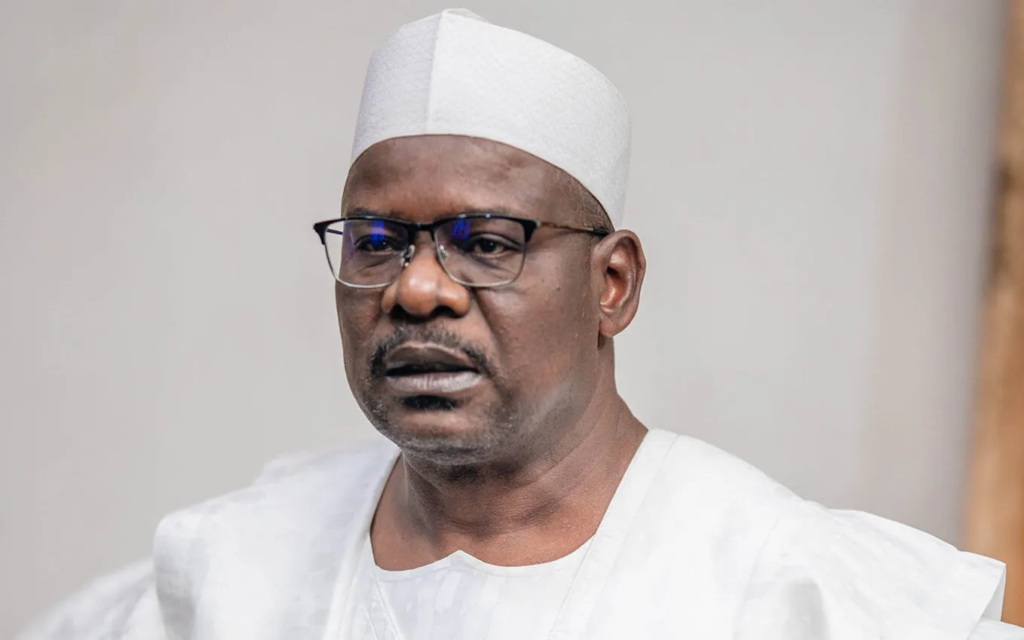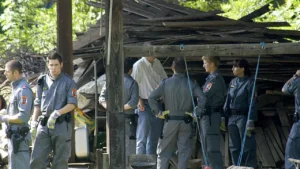Minister of Regional Development, Engr. Abubakar Momoh, has pledged to strengthen regulatory frameworks and policy measures aimed at driving economic growth and revitalizing regions across Nigeria.
Speaking at a three-day sectoral retreat in Lagos, Momoh reaffirmed the ministry’s commitment to a more structured approach to regional development. The retreat, themed “Improving Institutional Coordination for Better Development Results,” brought together the six regional development commissions to enhance institutional synergy, policy implementation, and strategic collaboration.
Joined by the Minister of State, Uba Maigari Ahmadu, Momoh noted that Nigeria has long lacked a comprehensive regional development policy capable of fostering national progress. He stressed the urgent need for stronger collaboration between the ministry and commissions such as the Niger Delta Development Commission (NDDC), Northeast Development Commission (NEDC), Southeast Development Commission (SEDC), and Northwest Development Commission (NWDC), as well as new commissions soon to be established.
Momoh highlighted the absence of a legal framework as a key challenge, saying, “The commissions themselves lack constitutional or legislative power to make decisions independently. They rely on directives from the federal level.”
He emphasized the importance of creating laws to empower the commissions, citing successful models from countries like China, Japan, and India, while acknowledging that not all international practices are directly applicable to Nigeria.
Both ministers assured that steps are being taken to build a robust policy framework to enhance the commissions’ capacity.
“Development must be people-driven, measurable, and impactful,” Momoh said. “We envision a future where neglect and conflict are replaced by thriving communities, vibrant economies, and resilient institutions.”
Ahmadu highlighted the need for strategic planning, noting that effective development depends on close coordination between the ministry and its commissions. “Every successful initiative requires proper planning,” he said, adding that convening industry leaders, bureaucrats, and political appointees is essential for aligning goals.
To ensure accountability, Ahmadu outlined monitoring mechanisms within the ministry, stressing that resources must be used effectively. He said new projects will be prioritized based on thorough needs assessments.
“For example, the Northeast Development Commission already has several ongoing projects,” Ahmadu explained. “This is not the time to waste resources—we will assess each region’s specific needs and match them with available resources.”

